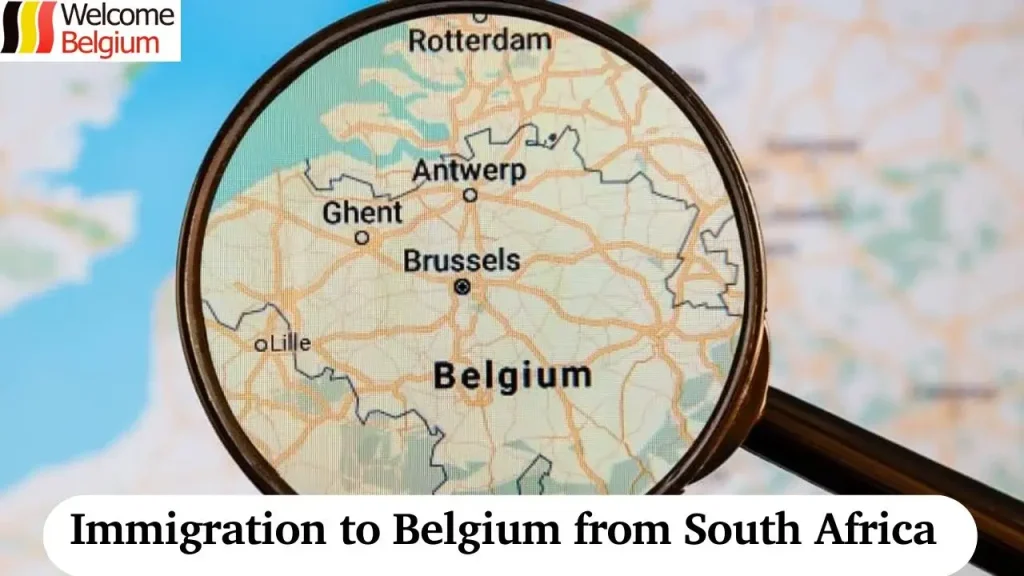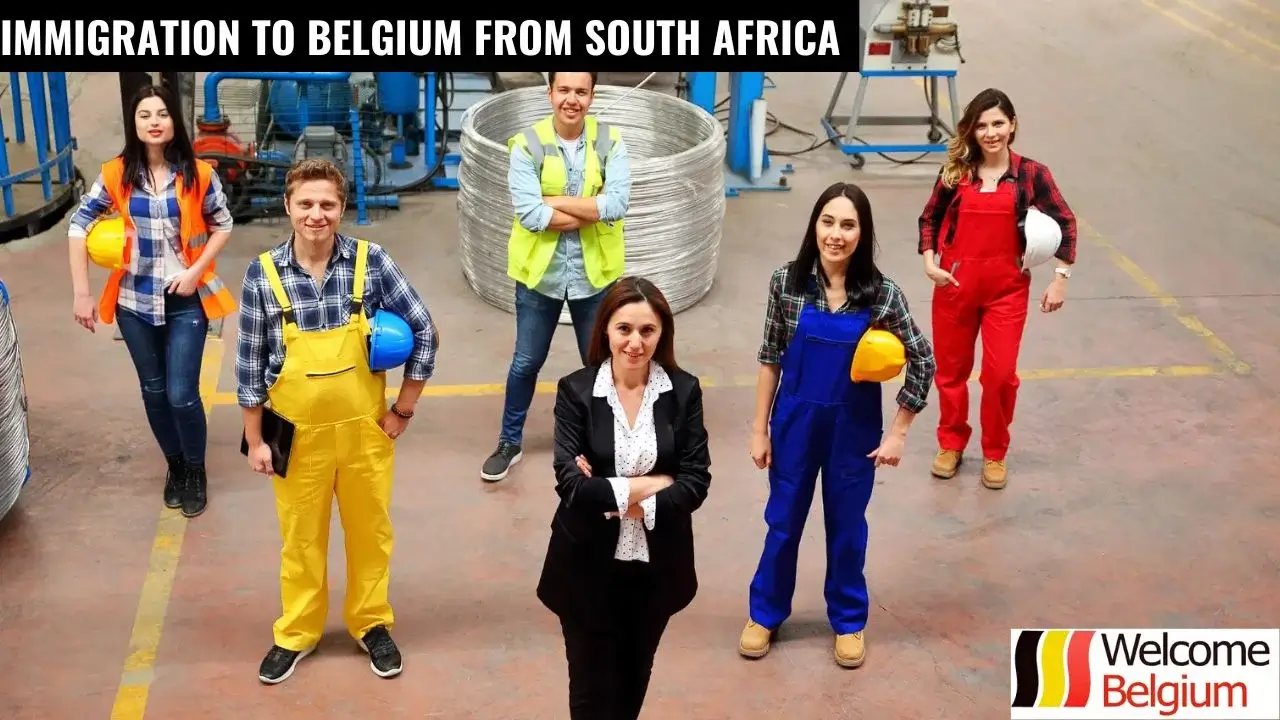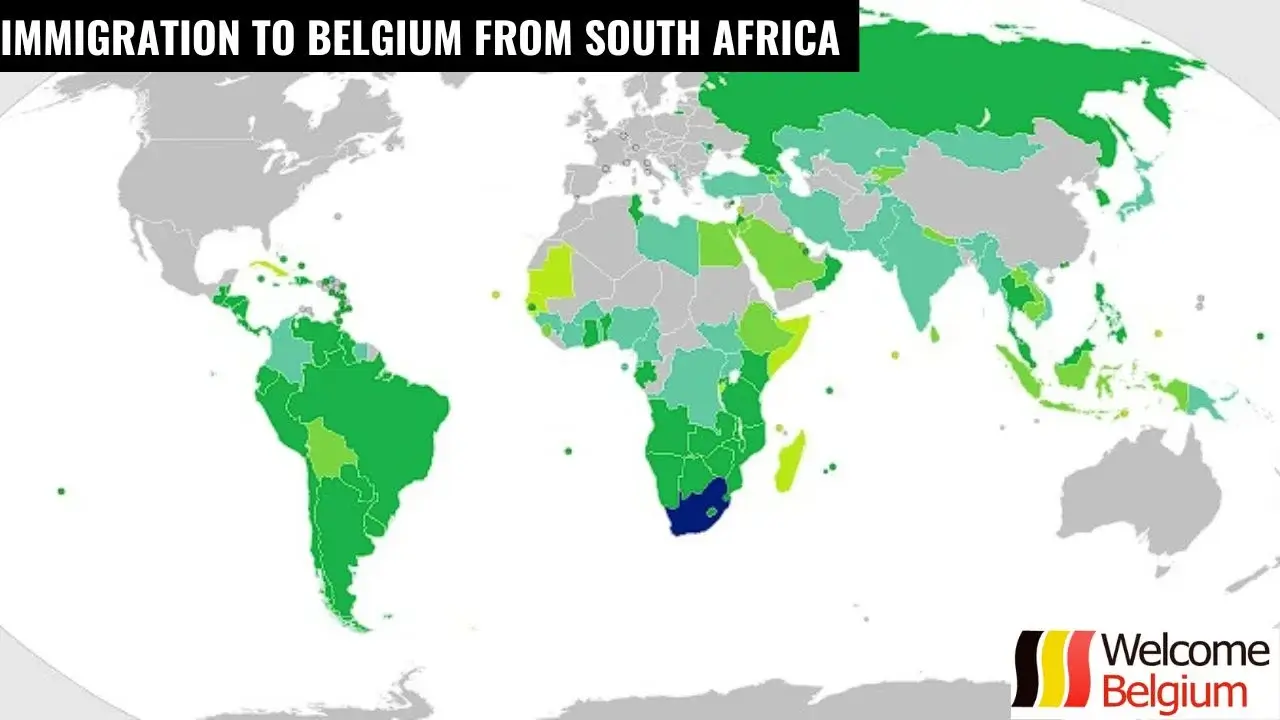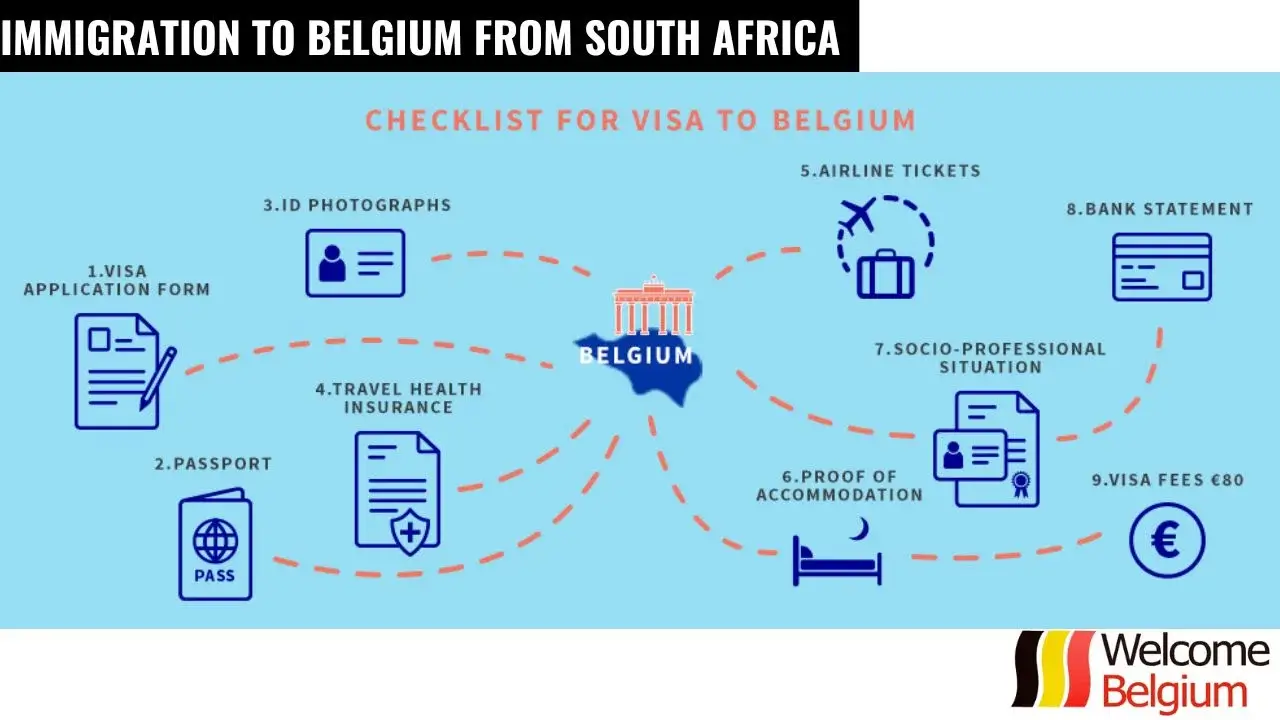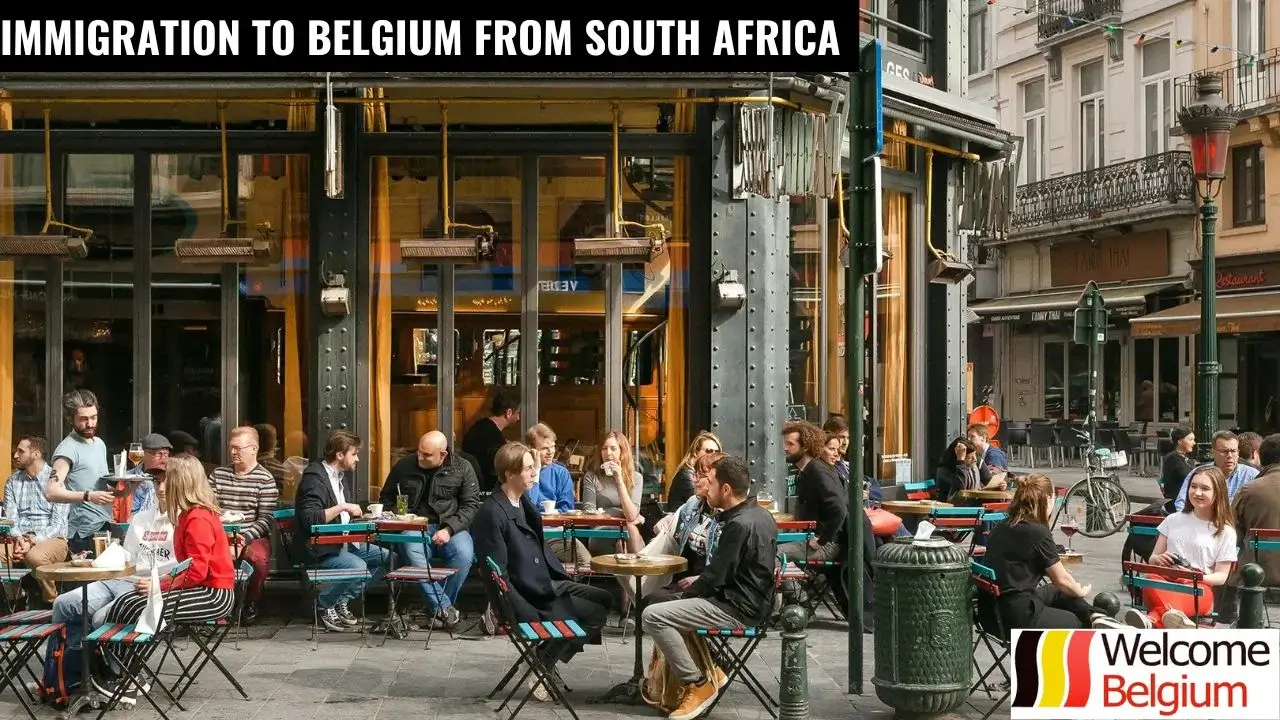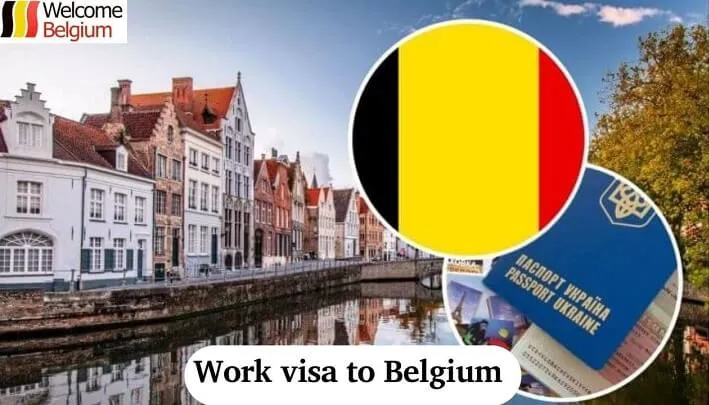Immigration from South Africa to Belgium is becoming increasingly popular due to the country’s economic stability, high standards of living and rich history. For South Africans, this is a chance to start a new life, but migration requires careful preparation, knowledge of the law and adaptation to local conditions. In this article, you will find details about visa requirements, the paperwork process and tips for successful integration into Belgian society.
Advantages and Disadvantages of Immigration to Belgium
Moving to Belgium for South Africans offers many opportunities, from a stable economy to a high level of social protection. However, adapting to a new culture, language barriers and a high standard of living can be significant challenges. Let’s look at the key advantages and disadvantages to help you assess whether such a move might be worth it.
Advantages:
- Stable economy and high standard of living. Belgium offers many employment opportunities in various sectors, especially in technology, medicine and services.
- Developed social system. Access to medical services and social benefits makes life much easier for migrants.
- Multilingual environment. English is often used in large cities, which helps with adaptation.
- Rich cultural life. Opportunity to immerse yourself in European culture, travel around EU countries.
Flaws:
- High cost of living. Housing, food and services are significantly more expensive than in South Africa.
- Language barriers: Integration may require learning French, Dutch or German.
- Complex adaptation process. Need to fill out a lot of paperwork and get used to a new culture.
- Tax burden. One of the highest tax levels in Europe.
Despite the challenges, Belgium remains an attractive migration destination due to its economic stability, access to social protection and rich cultural life. For South Africans, this is an opportunity to improve their quality of life and open up new perspectives. However, it is important to be prepared for the difficulties of adaptation and learning local languages.
Advice:
Research integration programs and language courses in advance to make your adjustment easier.
Entry requirements
For South Africans planning to move to Belgium, it is important to understand the visa requirements and necessary documents in advance. Depending on the purpose of the visit – whether it is work, study or family reunification – a short-term or long-term visa will be required. Understanding the application process and preparing documents in a timely manner will help to avoid delays and refusals.
Types of visas:
- Short-term visa (Schengen): for tourist trips, business visits and transit (up to 90 days).
- Long-term visa (national): for work, study, family reunification or other long-term stay purposes.
Main documents:
- International passport (valid for at least 6 months after the end of the trip).
- Completed visa application form.
- Current photograph (in accordance with requirements).
- Medical insurance with coverage of at least 30,000 euros.
- Financial guarantees: bank statement or income certificate.
- Confirmation of the purpose of the trip: employment contract, invitation from the university, letter from relatives.
Features of the submission process:
- Make an appointment to submit documents through the Belgian Consulate in South Africa.
- Submission of documents in English, Dutch, French or German.
- Payment of visa fee (cost depends on visa type).
For South Africans, the visa process can be complicated due to bureaucracy, the need to translate documents, and strict deadlines. In addition, competition for jobs and housing in Belgium can be an additional challenge. However, with the right preparation, you can minimize stress and successfully navigate all the steps.
Advice:
Start the application process early to allow time to correct any deficiencies.
Stages of visa application
The initial stage of applying for a visa to Belgium for South Africans involves choosing the appropriate visa type and collecting the necessary documents. The cost of submitting an application varies depending on the visa category, and the processing time can take up to 30 working days. Strictly following the instructions of the consulate increases the chances of success.
Determining the type of visa:
- Tourist, work, student or family.
- Please review the information on the consulate website to select the appropriate visa type.
Collection of documents:
- Passport (valid for at least 3 months after travel).
- A completed application form and two color photographs.
- Proof of residence in Belgium.
- Medical insurance (minimum coverage €30,000).
- Proof of financial solvency (bank statements).
Cost of visa:
- Short-term visa (Schengen): about €80 (R1700).
- Long term: from €180 (R3800).
Submitting an application:
- Make an appointment at the consulate or visa center.
- Pay the fees, submit your biometric data and provide a complete set of documents.
Review periods:
- Schengen visa: 15-30 working days.
- Long-term: up to 60 working days.
- Track your application status online.
Obtaining a visa:
- Receive your completed passport with visa at the consulate or visa center.
- Check that all data on the visa is correct.
Processing times vary depending on the type of visa you choose, but it’s best to apply early to avoid delays. Once approved, check your visa for errors and make sure you have all the necessary paperwork for entry. These steps will help you avoid travel problems and ensure a smooth arrival in Belgium.
Advice:
Please submit your application at least two months before your planned trip to allow for possible delays.
The first stages of life in Belgium
After moving to Belgium from South Africa, it is important to quickly organize the first steps to legalize your status and adapt. Documentation, registration at the place of residence and finding housing will be the basis for a successful start in life. It is also equally important to familiarize yourself with local rules and establish everyday processes in order to feel confident in the new environment.
Registration in the municipality (commune):
- Submit your registration application within 8 days of arrival.
- Documents: passport, visa, rental agreement
- Cost: Registration may be free, but an ID card usually costs 20–30 euros.
Opening a bank account:
- Select a bank to maintain an account and check the service rates.
- Cost: Basic accounts are often free, but premium services can cost between €5 and €15 per month.
Health insurance:
- Register with a Mutuelle.
- Choose the insurance plan that suits you.
- Cost: around 80–120 euros per year for basic insurance, additional services are paid for separately.
Search for housing:
- Use local resources (ImmoWeb, Pararius).
- Before signing the contract, clarify all the conditions.
- Rental prices: depending on the city, a one-room apartment costs from 700 to 1000 euros per month.
Education (if there are children):
- Find a school or kindergarten nearby.
- Check out language learning programs.
- Cost: State schools are free, private schools can cost from 4000 euros per year.
Transport:
- Buy a pass for local transport.
- Consider renting or purchasing a bike.
- Cost: A monthly pass costs around 50 euros, and you can rent a bike for 10–15 euros per day.
Adaptation in Belgium begins with understanding the local rules and customs. Attending language courses and participating in cultural events will help you integrate into society faster. Creating social connections through volunteering or participating in clubs will also be useful. The first steps will lay the foundation for a comfortable and stable life in a new country.
Interesting fact:
The Belgian ID card can also be used to sign electronic documents and simplifies access to public services.
South African communities in Belgium
Communities of South Africans in Belgium have been formed by waves of migration caused by both economic and social factors. These groups help new migrants to settle in the country by providing support in finding work, housing and legal advice. They also organize cultural events to maintain a connection with the homeland and promote integration into the local community.
South Africans in Belgium Community (SABC):
- An active group organizing cultural and informational events.
- Website: https://example.com.
- Phone: +32 123 456
- Address: Avenue Louise 54, 1000 Brussels.
Friends of South Africa in Belgium:
- Focuses on social encounters and cultural exchanges.
- Website: https://example.com.
- Phone: +32 987 654
- Address: Rue Royale 10, 1210 Brussels.
South African Chamber of Commerce Belgium:
- Provides assistance to entrepreneurs and professionals from South Africa.
- Website: https://example.com.
- Phone: +32 543 210 987.
- Address: Place Rogier 15, 1030 Schaerbeek.
South African communities play a key role in creating support for new migrants, bringing people together and helping to preserve cultural identity. They provide platforms for communication, sharing experiences and problem solving. Such initiatives facilitate successful integration into society and establishing a life in a new place.

